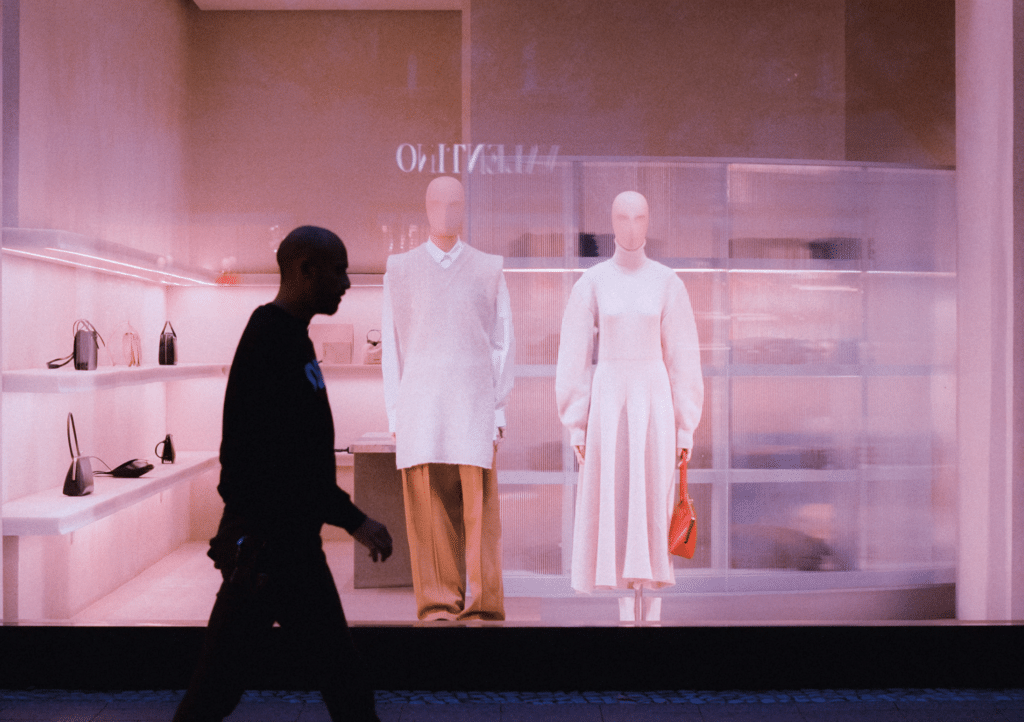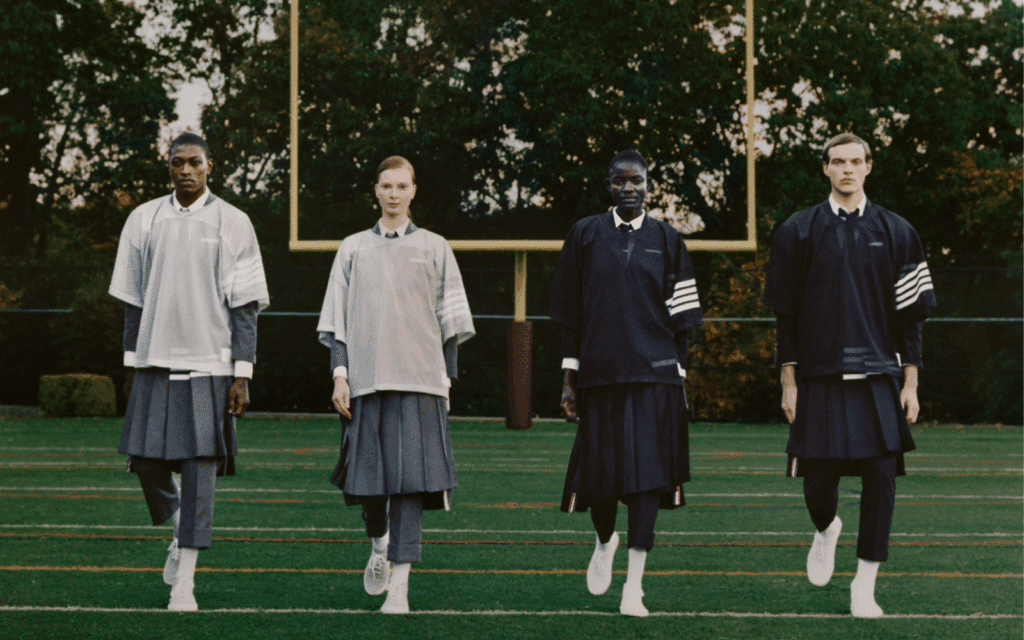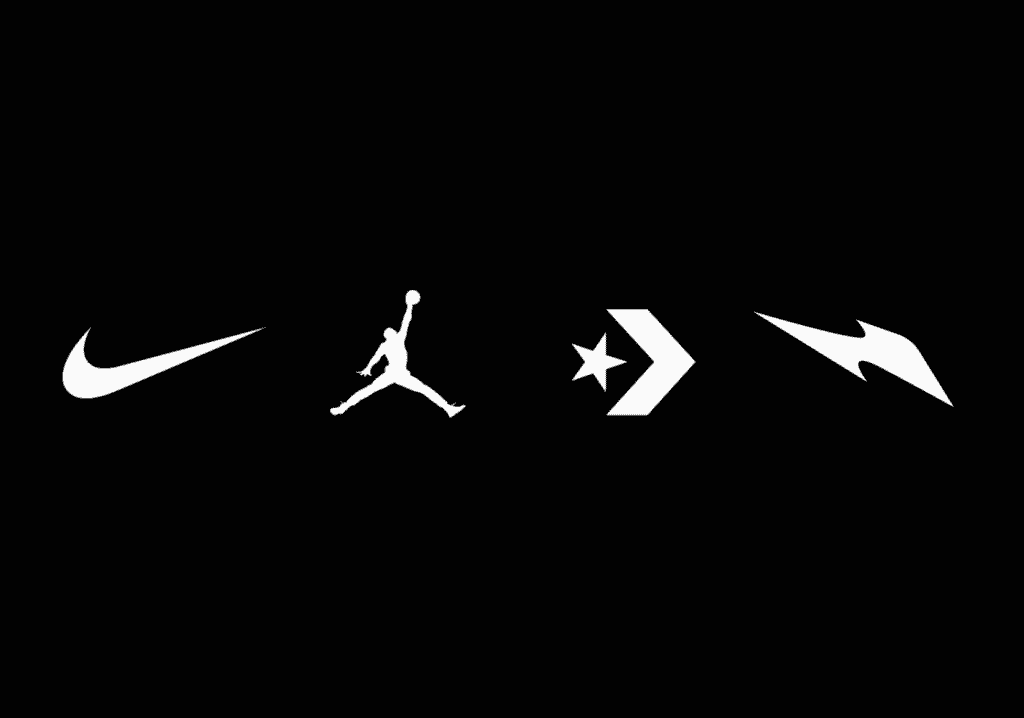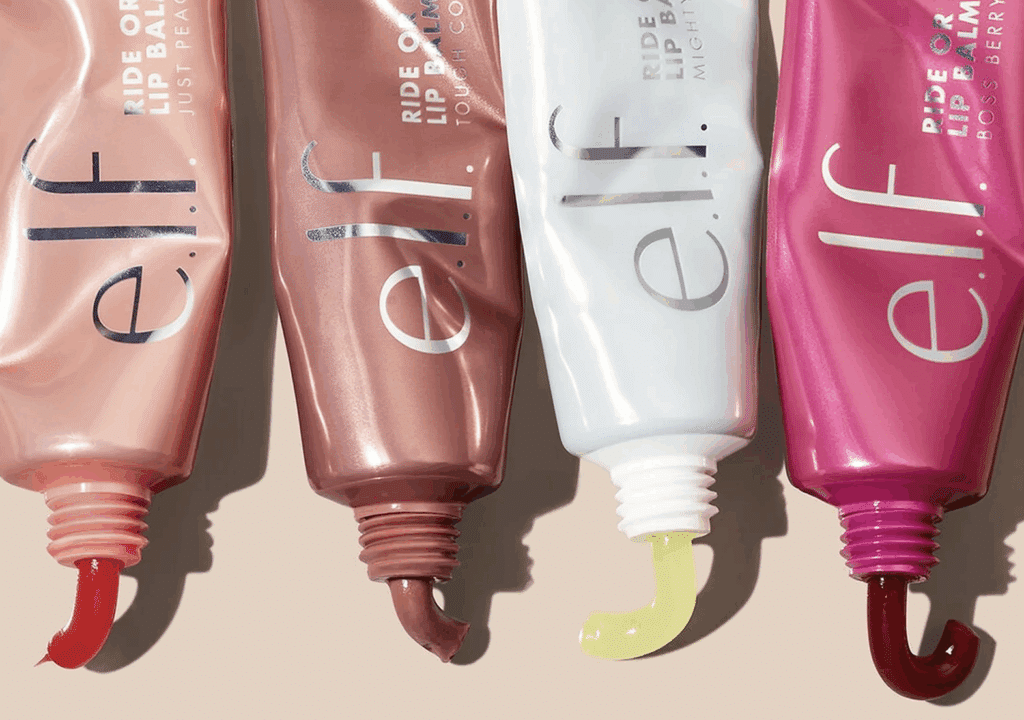In 2024, a number of developments in existing fashion, retail, and tech lawsuits stood out in the crowded landscape of litigation because they indicate larger trends within these spaces and highlight issues worth keeping an eye on in 2025. Among these are competition-centric cases, ones that stem from the secondary market, and litigation that targets companies with false advertising stemming from their marketing of sustainability and/or broader ESG issues. With the foregoing in mind, here is a review of some of the many interesting and notable lawsuits and legal developments that we saw in 2024, and what cases we will be watching this year …
CHANEL V. WHAT GOES AROUND COMES AROUND
Following a jury verdict that favored Chanel in its trademark infringement, counterfeiting, false association, and unfair competition case against What Goes Around Comes Around, the parties are in the midst of a clash over equitable remedies. In Nov., the court issued a proposed injunction that – if finalized – will prevent WGACA from “using any of the CHANEL trademarks or any marks confusingly similar thereto to advertise or promote WGACA’s general business” and will permanently block the reseller from “making any advertising claims … or statements [about] the genuineness of any CHANEL-branded items” unless it has records to support such authentication claims.

> In a separate but similar case, Chanel and The RealReal are still working towards a settlement.
THE BIGGER PICTURE: On their face, these cases are about infringement, but beyond the surface, the more important question seems to be: who other than Chanel can use its name and offer up double-C logo-emblazoned wares?
AMERICAN GIRL DOLL CASE SENDS SIGNAL ON JURISDICTION
In a case that has implication for brands in fashion and beyond, the U.S. Court of Appeals for the Second Circuit clarified the jurisdictional requirements for lawsuits waged against international internet-based sellers, holding that a Chinese e-commerce company, which was named in a lawsuit by American Girl for trademark infringement and counterfeiting, had “purposefully availed itself of the privilege of conducting activities within New York” and engaged in sufficient business activity to be subject to jurisdiction under the state’s long-arm statute.
> WHY IT MATTERS: The Second Circuit’s ruling represents an important expansion of New York’s jurisdictional reach in a new era of e-commerce.
ADIDAS V. THOM BROWNE: A BATTLE OVER STRIPES & COMPETITION
A New York federal court finalized a win for Thom Browne in the closely-watched trademark battle waged against it by adidas over stripes – and competition in the sportswear space. In an opinion and order in July, the U.S. District Court for the Southern District of New York reconfirmed the court’s “bottomline” order, in which it denied adidas’ motion for a new trial. After a Jan. 2024 jury verdict found that Thom Browne did not infringe adidas’ three-stripe trademark by way of its use of a “four-bar and grosgrain” design on activewear, adidas (unsuccessfully) lodged an appeal with the U.S. Court of Appeals for the Second Circuit.
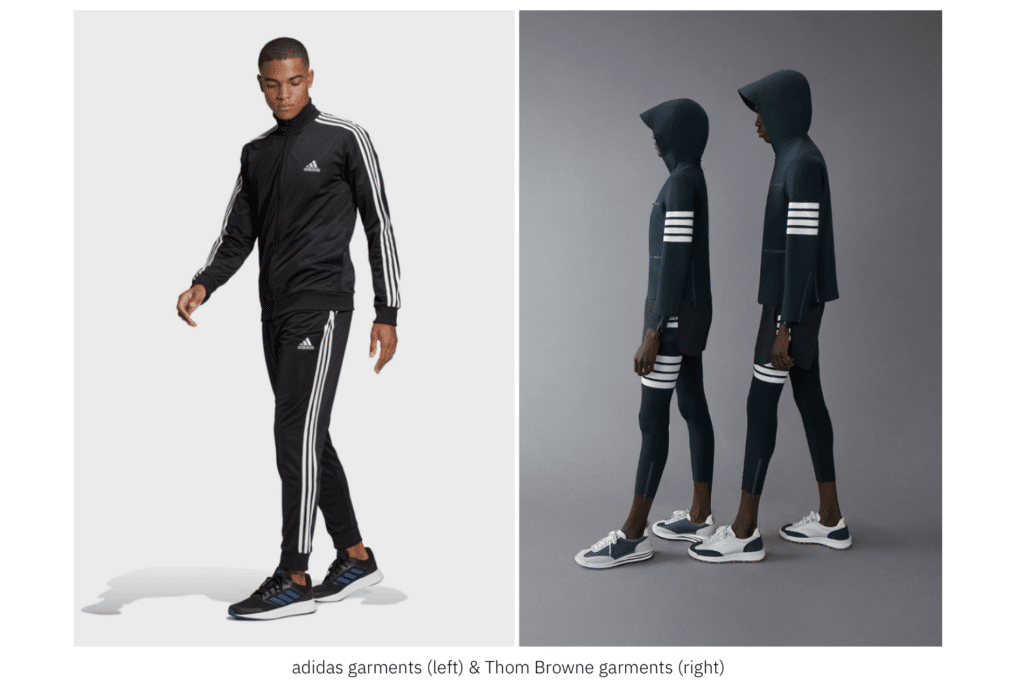
PENN STATE PREVAILS IN INFRINGING MERCH CASE
A jury sided with Penn State University in Nov., finding that Vintage Brand willfully violated its trademark rights by selling merchandise featuring retro Penn State logos without the university’s authorization. The jury’s Nov. 2024 verdict follows from U.S. District Court for the Middle District of Penn.’s 2022 refusal to dismiss Vintage Brand’s counterclaims in which it argued that its use of the Penn State logos was ornamental and not infringing.
FTC V. TAPESTRY
In one of the most closely watched lawsuits in fashion this past year, the Federal Trade Commission filed suit in April to block the Tapestry, Capri mega-deal, which the regulator said “seeks to combine three close competitors – Tapestry’s Coach and Kate Spade brands and Capri’s Michael Kors.” The problem, according to the FTC, is that the $8.5B deal “would eliminate fierce head- to-head competition on many important attributes including price, discounting, and design,” resulting in “tens of millions of Americans … fac[ing] higher prices.”
In defense of their deal, Tapestry and Capri argued that competition in the fashion and luxury market is much more robust that the FTC claimed.
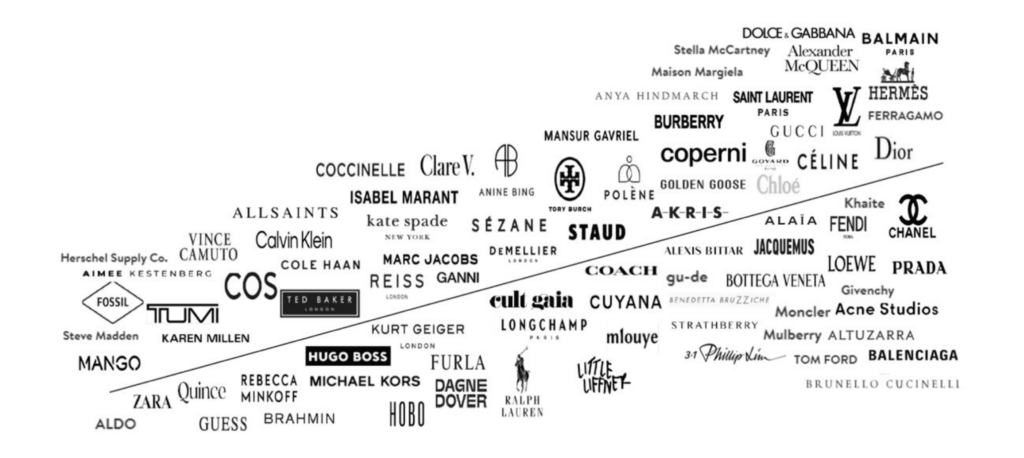
The parties called off the deal in November after a federal court in New York issued a preliminary injunction.
A CASE OVER LUXURY “NO-POACHING” PACT STILL UNDERWAY
A case over an “anticompetitive” scheme that allegedly saw Saks Fifth Avenue conspire with luxury brands to control the wages and certain job conditions of luxury retail employees went before the U.S. Court of Appeals for the Second Circuit in March. The parties argued over whether the lower court’s dismissal should stand or if the case should be revived.
> THE BIGGER PICTURE: No-poach/no-hire agreements have been under increased scrutiny over the past several years. Specifically, these types of agreements have been a topic of interest since 2016 when the DOF and the FTC issued guidance, in which it warned that future antitrust enforcement would treat “no-poach” agreements and wage fixing as criminal violations of antitrust law.
LULULEMON FACES GREENWASHING LAWSUIT
Lululemon was named in a lawsuit for allegedly deceiving consumers by way of misleading statements over its commitment to the environment, marking the latest in a string of “greenwashing” lawsuits being waged against fashion and sportswear companies over the veracity of their sustainability claims.
HERMÈS V. ROTHSCHILD: THE METABIRKINS CASE
The trademark battle between Hermès and Mason Rothschild over the latter’s MetaBirkins non-fungible tokens is playing out before the U.S. Court of Appeals for the Second Circuit, which focused on the application of the Rogers test during the parties’ arguments in Oct. One of the 2nd Cir. judges suggested that SDNY Judge Jed Rakoff may have instructed the jury “improperly” when it comes to the role of Rothschild’s intent.

>> For a timeline of developments in the MetaBirkins case, you can find that right here.
ESTÉE LAUDER BEATS BIPA CASE
Estée Lauder and a handful of its brands escaped a lawsuit accusing them of violating Illinois’ biometric data law by way of their virtual try-on tools. In a decision in Jan., a federal judge in Illinois held that the plaintiffs “fell short of providing any specific factual allegations that Estée Lauder is capable of determining [their] … identities by using the collected facial scans, whether alone or in conjunction with other methods or sources of information available to Estée Lauder (e.g., the user’s account info., such as their name, email, physical address, etc.).” And as such, they “failed to plead the most foundational aspect of a BIPA claim.”
JURY SIDES WITH LE TOTE IN TRADE SECRET CASE
Urban Outfitters beat trade secret misappropriation claims waged against it by Le Tote following a federal jury trial in Philadelphia in April. The favorable verdict for Urban stems from Le Tote’s claims that Urban gained access to (and then made improper use of) an array of valuable information – including “proprietary in-house tools” and “technological infrastructure and logistical functions” – under the guise of a potential acquisition of the fashion rental platform.
This is a short excerpt from TFL’s Year in Review, which was published exclusively for TFL Pro+ subscribers and dives into everything from deals that further consolidated the fashion/luxury segments over the past year to the rise in ESG-centric actions from regulators and consumer plaintiffs – and the increasing focus on fashion brands in shareholder lawsuits. Inquire today about how to sign up for a Pro+ subscription and gain access to all of our content.







